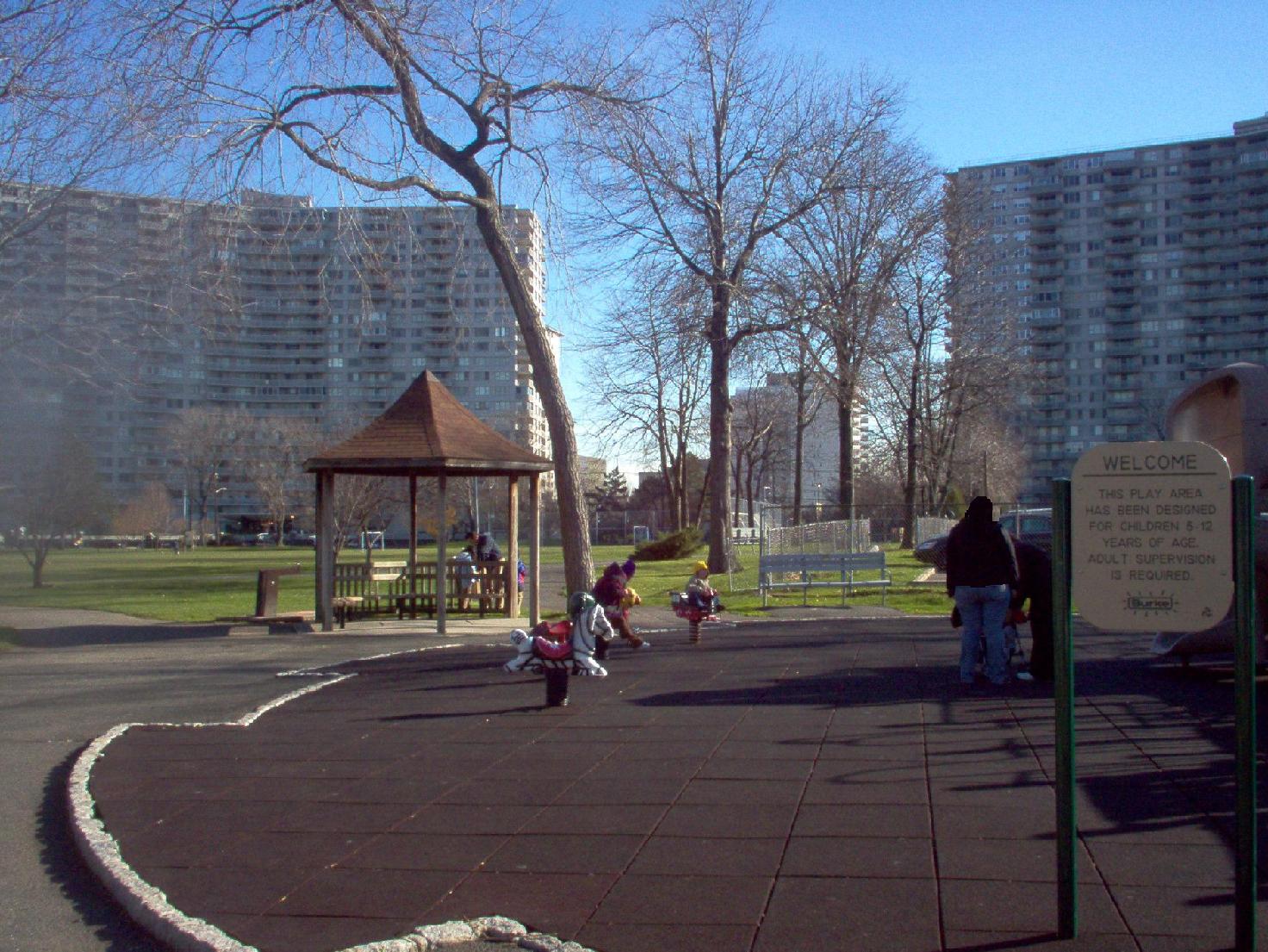Leases
Buying a Leasehold Property
A leaseholder owns the property but not the land it stands on. Both houses and flats can be owned on a leasehold bases. If you buy a leasehold property you will own it for a determined period of time which is set out in a ‘lease’ or contract with the landlord (freeholder).
How Long does the Lease last on Leasehold Properties
The lease determined how many years the leaseholder is entitled to occupy the property. When the lease expires, the ownership of the property immediately reverts to the landlord.
Leaseholder Rights and Responsibilities
The terms and conditions of leases vary but you will usually need to get permission from the managing agent of the property to make any alterations. Managing agents are appointed by freeholders to oversee rent, charges, insurance and oversee any communal areas.
Opting for the Right to Manage the Leasehold Property
If a leaseholder would like more control over their property, they can apply for the ‘right to manage’. If this right is granted then the managing agent is removed and the management taken into their own hands. Leaseholders can set up this right without the landlord’s consent. Yet, the owner must secure the participation of at least 50% of the tenants in the block of flats to do so.
Is Right to Manage a Good Idea?
Whereas opting for RTM might seem like a good idea to gain more control, making the switch can involve a lot of hard work and responsibility. The person will be in charge of budgets, reserve funds, repairs, major works and standards of management.
Extending the Lease
Estate agents aren’t required to inform buyers how much time is left on their lease and this can often cause problems when a leaseholder is unaware. A leaseholder can extend the lease on their property by obtaining a Section 42 notice. The leaseholder must have owned the flat for at least two years. A leaseholder may also negotiate in an informal manner with the freeholder to extend the lease.
Leasehold Disputes
Leaseholders often find themselves in a dispute with their managing agent or landlord over service charges (charges for maintenance and any required building work). If you feel these charges are unreasonable then there are a few steps you can take:
Negotiate with your landlord
It’s advisable that you discuss any problems about charges with your landlord before you get other parties involved. You could also involve other leaseholders if the charges affect those too – it is often easier to settle a dispute if the complaint is issued by several people.
Mediation
If you cannot reach an agreement with your landlord then the next sensible step is to contact a mediation provider. This is a trained professional who will work with you and your landlord to reach an amicable solution without the need to go to court.
Although there may be a fee to pay for this service, the process of mediation is much less expensive and stressful than going to court.
Appeal to the Residential Property Tribunal
The Residential Property Tribunal is a relatively informal way to resolve a wide range of residential disputes. The decision of this authority is legally binding. The RPT can deal with issues such as management charges, building insurance, buying the freehold and extending a lease.

